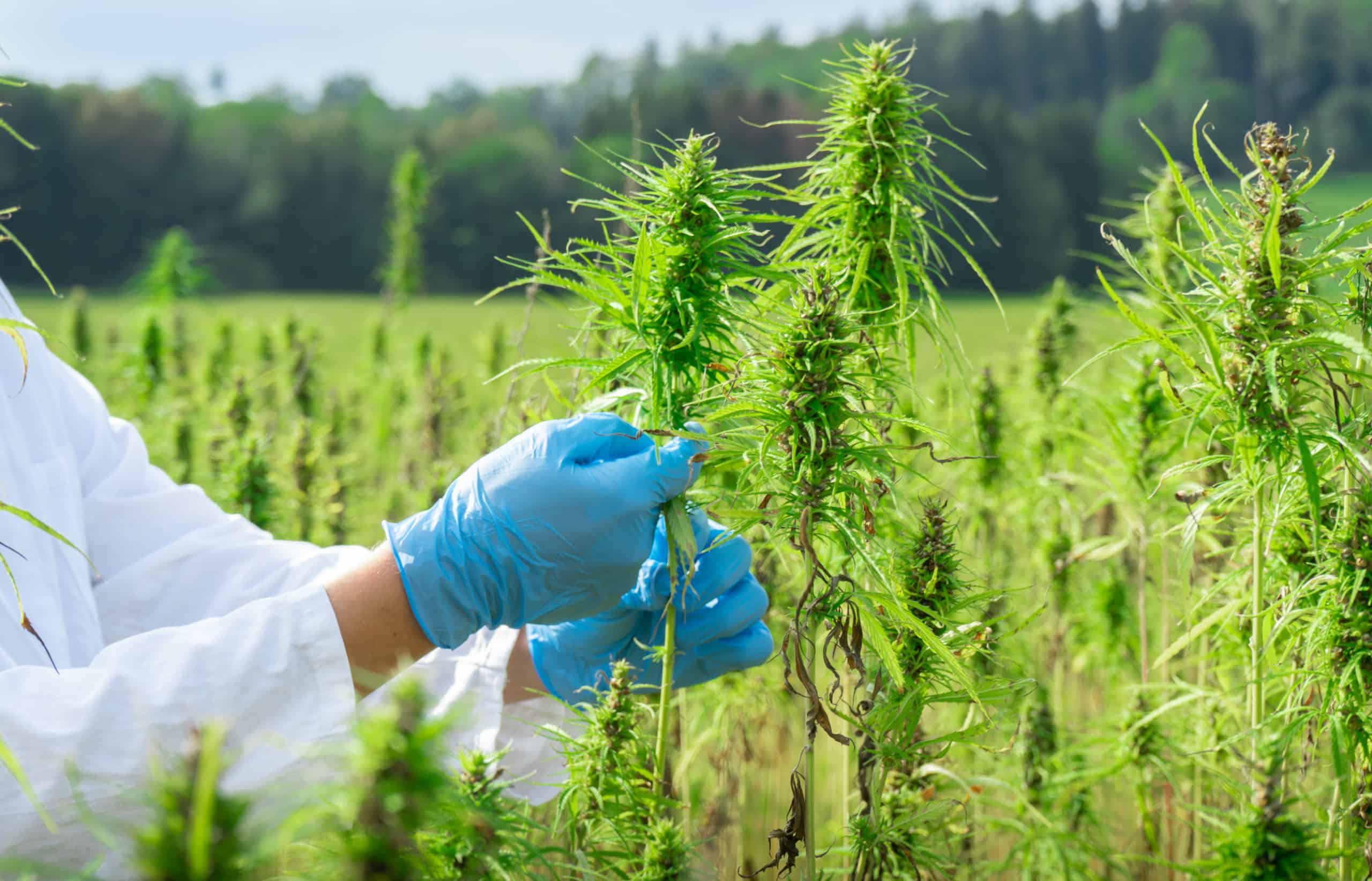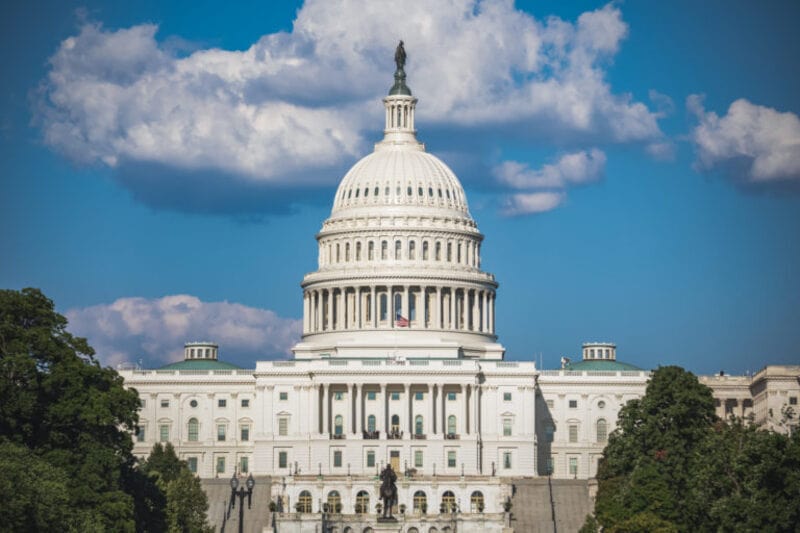-
- Market Research
- |
- CBD Near Me
- |
- Giveaways
- |
- Newsletter
- |
- Contact
- |
- Advertise
- |

Here’s the latest CBD news:
- Congress has granted states and hemp farmers a year extension to become compliant with new USDA rules.
- The SAFE Banking Act remains in a revised COVID-19 relief bill set forth by House Democrats.
- According to a study, CBD appears to be safe in healthy dogs and cats, but dogs seem to absorb CBD better than cats.
Congress Grants Delay for Hemp Farmers On USDA Compliance
Congress has granted hemp farmers a one-year extension to continue using the 2014 Farm Bill’s hemp regulations after signing a new budget bill.
Hemp farmers had been hanging in limbo until the extension was signed into effect by Congress late Wednesday. On Nov. 1, all states, tribes, and territories were set to adhere to new hemp rules set forth by the U.S. Department of Agriculture (USDA).
The USDA set its national framework last fall, which grandfathered the less-restrictive 2014 regulations for a year while states drafted new plans. To date, 20 states had their plans approved by the USDA, while others were in review or required revisions. Now, states have an extra year to get their plans approved while farmers can continue to grow their crops on the 2014 regulations.
Industry activists and several states felt the USDA’s new rules were too restrictive and would not have been able to comply in time. These groups and states pushed the federal government for a year extension to become compliant. Without this extension, hemp farmers in limbo states would have been unable to legally harvest, process, or sell the crops they grew this year.
In a statement, Patrick Atagi of the National Industrial Hemp Council said, “Hemp farmers across the country will have more certainty tomorrow while states continue their important work to submit final plans to the USDA for approval.”
Study Finds CBD To Be “Generally Safe” For Healthy Dogs & Cats
An uncontrolled study by University of Florida College of Veterinary Medicine, Cornell College of Veterinary Medicine, and Colorado State University faculty recently published in the scientific journal Animals found CBD to be generally safe for dogs and cats.
However, the study also says the two animals react differently to it.
The study was conducted on a small group of beagles and shorthair cats. For 12 weeks, the dogs were given CBD-infused soft chews twice a day while the cats were treated to CBD-infused fish oil capsules. A veterinarian performed physicals on the animals each week and noted adverse effects, specifically noting vomiting, loose stool, pain, and distress.
The veterinarian noted no abnormalities, weight alterations, loss of appetite, or behavioral changes, leading to the conclusion that CBD is generally safe. Some adverse events were reported, including some soft stool and vomiting in the dogs; however, many more effects were observed in the cats, such as licking, head shaking, pacing, and more. The study also found that dogs “absorbed CBD more rapidly and thoroughly than cats.”
Since the study was small and uncontrolled, further research is required to confirm the findings.
Marijuana Banking Protections Remain In Revised COVID Bill
Marijuana banking protections remain in a revised coronavirus relief bill released by House Democrats on Monday.
While GOP lawmakers challenged the language concerning cannabis in the approved May version of the bill, the Secure and Fair Enforcement (SAFE) Banking Act again appears in the new legislation.
In the SAFE Banking Act, financial institutions that service state-legal marijuana businesses are protected from federal regulation. On its own, the Act has significant bipartisan support, but Republicans have criticized its inclusion in the COVID-19 relief bill, insisting it to be part of a Democrat wishlist not related to the pandemic.
The Act gives cannabis businesses another payment option beyond cash, which advocates argue will help mitigate the spread of COVID-19.
“At a time when businesses all across the country are relying on electronic transactions to protect public health, cannabis businesses are being forced to exchange currency. This bill is timely and necessary,” said Steve Fox, president of VS Strategies.
The SAFE Banking Act states that it would “allow cannabis-related legitimate businesses, that in many states have remained open during the COVID-19 pandemic as essential services, along with their service providers, to access banking services and products, as well as insurance.”







